

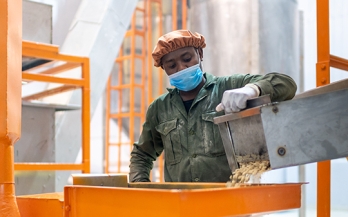
What is Large Scale Food Fortification (LSFF)?
GAIN is launching a short animated video, packed with key facts and information about large scale food fortification. It is a great tool for advocacy and education in countries where increasing access to fortified foods is on the agenda.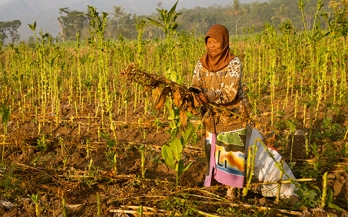
GAIN Interview Cruncher - How climate change threatens nutrition and food security – and what we can do about it?
In the context of a new GAIN series on "Climate and Nutrition: Why They Need Each Other", we bring together a new episode of GAIN’s interview cruncher to hear from two of the world’s leading scientists on the impact of climate change on nutrition and food security.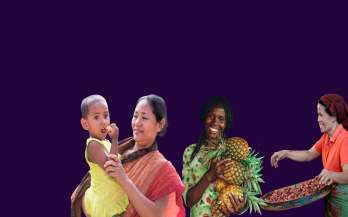
Nothing about us without us
EP 14
Happy International Youth Day! On this occation we would like to invite you to listen in this…
41 Minutes▶ Play this episode
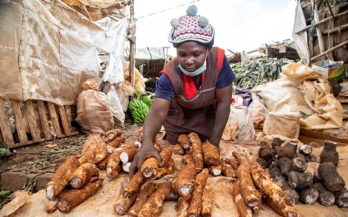
GAIN Working Paper Series 29 - Using a programme impact pathway to design, monitor and evaluate interventions to commercialise biofortified crops
- 27/07/2022
Using a theory of change or a programme impact pathway to guide design, monitoring, and evaluation efforts is increasingly being used across various nutrition interventions, yet there are few documented examples in biofortification programmes.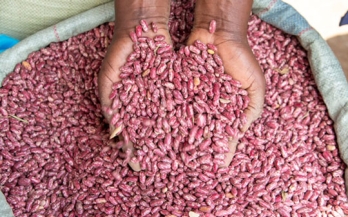
GAIN Working Paper Series 28 - Developing strategies to commercialise biofortified crops and foods
- 26/07/2022
Biofortification (or nutrient enrichment) of staple crops has the potential to contribute to reducing micronutrient deficiencies by increasing micronutrient intakes. In 2019, GAIN and HarvestPlus entered a partnership to lead the Commercialisation of Biofortified Crops (CBC) Programme, which aims to catalyse commercial markets for biofortified crops in six countries across Africa and Asia.
GAIN Discussion Paper Series 11 - Commercialising public agricultural technologies and goods
- 25/07/2022
To inform the development of effective commercialisation strategies, a systematic assessment of country- and crop-specific value chains is essential to identify success factors, barriers, and opportunities.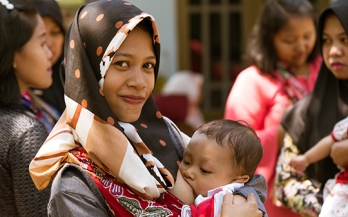
World Breastfeeding Week 2022
World Breastfeeding Week 2022 will focus on strengthening the capacity of actors that have to protect, promote and support breastfeeding across different levels of society.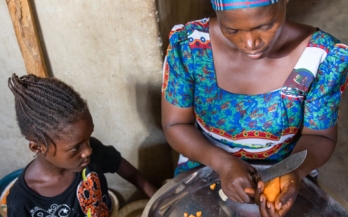
Reaching lower-income consumers with nutritious foods: the allure and the challenge
Is it possible to leverage entrepreneurs and businesses to help tackle the poor diets of hundreds of millions of low-income people, and if so, how? And what evidence do we have to show it works? A new five-year GAIN programme, part of a larger initiative aiming to improve the diets of low-income African consumers, aims to help answers to these questions.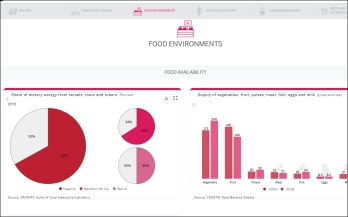
Report Recommending Food Safety Additions to the Food Systems Dashboard
- 08/08/2022
In this report, EatSafe addresses the gap of food safety data within the Food Systems Dashboard (FSD) by identifying indicators relevant to national food safety systems, assess the availability of data sources, and develops a systematic, quantitative scheme to evaluate indicators against FSD inclusion criteria.